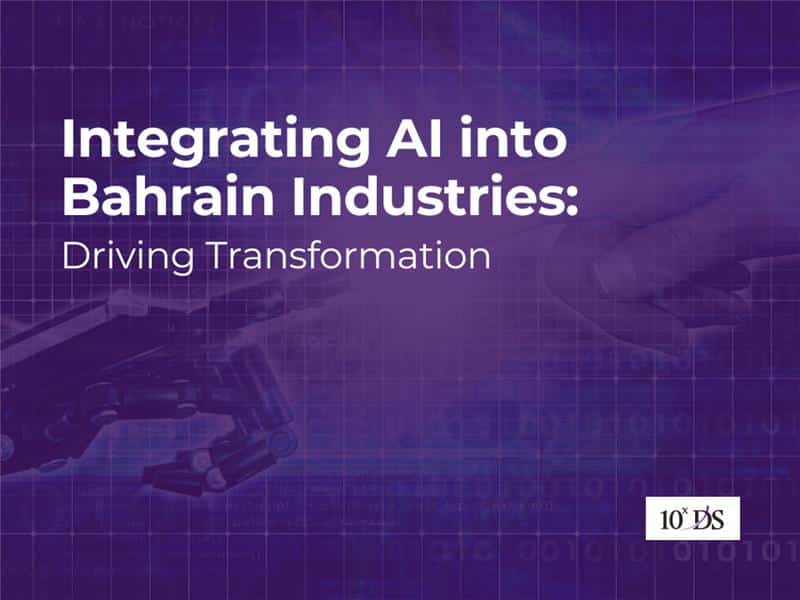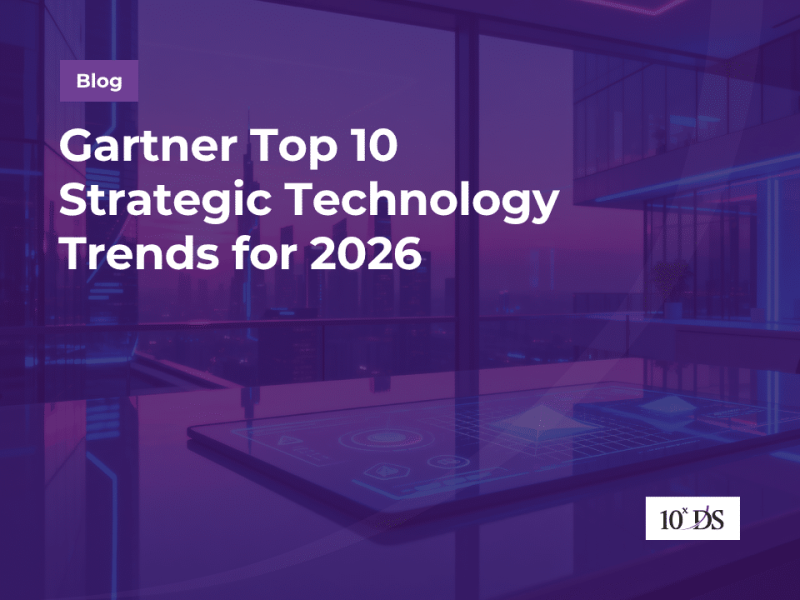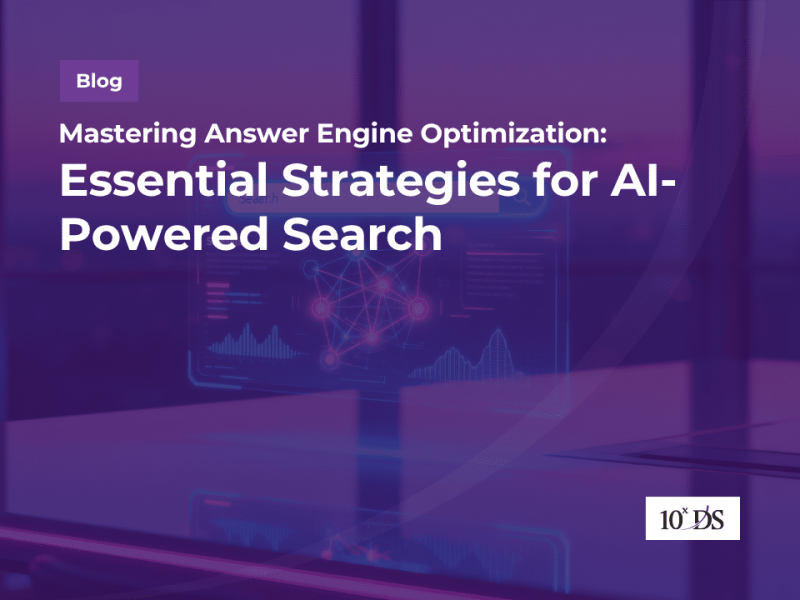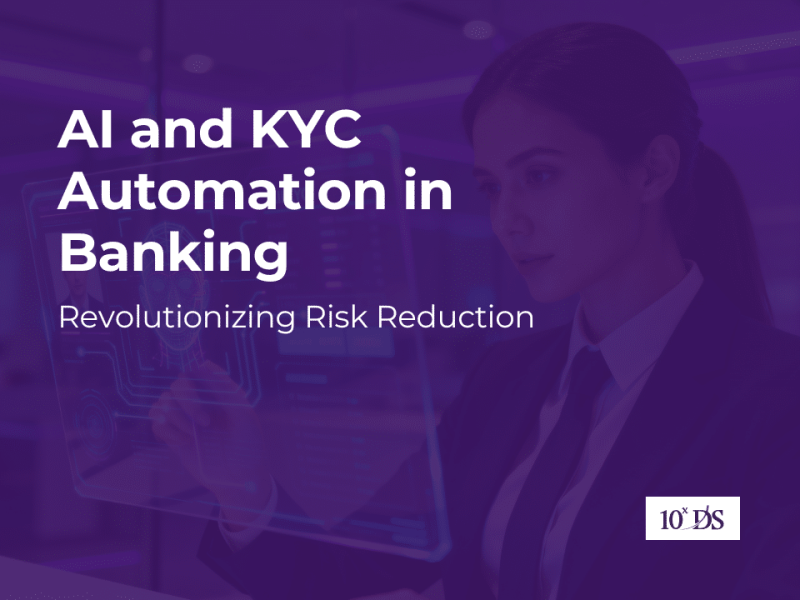
Integrating AI into Bahrain Industries: Driving Transformation
The Kingdom of Bahrain, a frontrunner in Gulf technological innovation, is actively harnessing advanced technologies to diversify its economy, enhance efficiency, and elevate global competitiveness. A key pillar of this digital transformation is the deployment of AI. National strategies, supportive regulatory frameworks, and ambitious workforce development plans are converging to promote AI Solutions for Bahrain across diverse sectors—fuelling growth, reducing operational friction, and positioning Bahrain as an AI hub in the Gulf.
1. National Strategy & Governance Framework
Bahrain’s government has laid a strong foundation for AI adoption via the National Artificial Intelligence Strategy and accompanying policy frameworks. The National AI Policy, outlining ethics and governance, sets guiding principles like human oversight, transparency, accountability, data privacy, and fairness. These ethics-driven frameworks serve a dual purpose: they instil public trust and facilitate responsible deployment of AI Solutions for Bahrain. Further, the formation of a National Research Committee for AI and ethical guidelines in partnership with GCC neighbours underscore Bahrain’s leadership in the region.
2. Workforce Readiness & Talent Development
Scaling AI requires a capable workforce. The Labor Fund (Tamkeen) is training 50,000 Bahrainis in AI by 2030, across roles from leadership to technical experts, boosting national capacity. Bahrain Polytechnic’s AI Academy—established in collaboration with Microsoft—adds professional and academic diplomas to the ecosystem. Innovation-driven competitions like HackFest and the Khalid bin Hamad AI competition further cultivate grassroots engagement.
3. Public Sector: An AI-Driven Future
The government is leveraging AI Solutions for Bahrain to enhance transparency, efficiency, and public service delivery across ministries:
- e-Government and Judiciary: The Supreme Judicial Council has hosted GCC-level AI conferences, exploring AI applications in the judiciary—from legal analytics to case-flow automation.
- Citizen Services: Through interoperable, AI-powered e-government platforms, Bahrain aims to reduce bureaucratic fragmentation and streamline access to social, legal, and energy services.
In March 2025, parliament approved a roadmap to expand AI tools across ministries to accelerate service delivery.
4. Fintech & Financial Services
Bahrain’s finance sector—an essential pillar of its non-oil economy—has seen rapid AI adoption in recent years. As a recognized regional fintech hub and gateway to the Gulf, Bahrain has cultivated a dynamic ecosystem for financial innovation. National platforms like BenefitPay, the country’s leading e-wallet, showcase the drive toward digital payments, while banks are increasingly deploying AI chatbots and robo-advisors to enhance customer service and operational efficiency. Regulatory bodies such as the Central Bank of Bahrain have issued clear guidelines for digital advisory tools and operate fintech sandboxes that allow for safe experimentation with AI-driven financial products. Additionally, AI technologies are being used to improve insurance services, enabling more accurate risk modeling, real-time transaction monitoring, fraud detection, and credit scoring. Together, these initiatives underscore Bahrain’s commitment to integrating AI Solutions for Bahrain within the financial sector—strengthening economic resilience, enhancing transparency, and elevating technological sophistication.
5. Private Sector: Industry-Specific AI Adoption
a) Oil, Gas & Energy
Bahrain’s vital oil and gas sector is turning to AI to drive smarter, more efficient operations. State-owned enterprise Bapco Energies is actively exploring the use of AI for predictive maintenance, helping reduce unplanned downtime and improve asset performance. AI is also being piloted for real-time energy forecasting and demand management, offering better operational control and planning capabilities. These applications are laying the groundwork for a more data-driven energy ecosystem that aligns with Bahrain’s sustainability and modernization goals.
b) Petrochemicals & Manufacturing
The petrochemical and manufacturing industries in Bahrain are poised for transformation through AI integration. Gulf Petrochemical Industries Company (GPIC), a major national player, is leveraging AI to optimize production processes, enhance quality control, and reduce waste. Supply chain management is also being improved through AI-driven forecasting and inventory analytics, leading to better responsiveness and cost efficiency. With a strong emphasis on environmental responsibility, GPIC and similar firms are increasingly using AI to boost energy efficiency and sustainability in their operations.
c) Startups & SMEs
Bahrain’s growing startup and SME ecosystem is embracing AI as a tool for innovation and competitiveness. Small businesses are adopting AI-driven solutions for marketing automation, customer engagement through chatbots, and predictive analytics to manage inventory and forecast demand more accurately. In sectors like healthcare, logistics, HR, and retail, AI tools are being used for diagnostics, remote monitoring, and process automation. Additionally, local AI consultancies are playing a critical role by offering tailored solutions for industries such as real estate, legal services, and supply chain logistics—rapidly deploying AI where it’s most impactful.
6. Innovation & CuttingEdge Applications
- Space & Satellite AI: March 2025 saw the launch of Al Munther—the first Bahraini-designed nanosatellite performing real-time AI image analysis—showcasing Bahrain’s leap from adoption to innovation.
- R&D & Academia: Bahrain is positioning itself as a regional R&D hub, with universities and institutes working on national frameworks, industry-academia collaboration, and startup incubation.
- Research Ethics & Governance: A GCC comparison study (May 2025) highlights Bahrain’s governance strategy—prioritizing soft regulation, stakeholder engagement, and ethical standards to realise AI’s economic and social potential.
7. Market Outlook & Challenges
A recent market analysis highlights robust AI adoption across Bahrain’s key sectors, including healthcare, finance, retail, logistics, and public services. However, several challenges still hinder widespread implementation. These include shortages in skilled talent, limitations in data availability and infrastructure, the high cost of AI deployment, and the need for clearer regulatory frameworks and regional alignment. To address these barriers, Bahrain is actively investing in workforce upskilling, increasing R&D funding, and fostering stronger collaboration with the private sector to ensure sustainable and scalable AI integration.
8. The Economic & Social Impact
The World Economic Forum and Economist Intelligence Unit estimate AI could add over $300 billion to the MENA economy by 2030. For Bahrain specifically:
- AI could boost GDP growth
- Internet penetration enables AI-powered e-commerce, finance, gaming, and services.
- Higher percentage o of GDP now comes from non-oil sectors—highlighting AI’s central role in economic diversification.
AI’s benefits go beyond economics: greater public-sector efficiency, inclusion, transparency, and modernization in energy, logistics, and healthcare are all within reach.
9. Future Outlook & Recommendations
To fully capitalize on the potential of AI, Bahrain must take strategic steps to strengthen its ecosystem. This includes accelerating infrastructure investment—particularly in data centers, cloud capabilities, and computational power—with a focus on supporting SMEs. Expanding access to public datasets, while ensuring robust privacy protections, will enable safer and more effective AI innovation. The government should also encourage stronger industry-academia collaboration through dedicated R&D funding and startup incubation programs. Moreover, Bahrain must move beyond soft regulation by developing enforceable ethical and legal frameworks for AI, aligned with regional standards. Finally, sponsoring AI use-case pilots in sectors like healthcare, energy, and logistics will help demonstrate tangible benefits and build momentum for broader adoption.
Conclusion
Bahrain’s journey from AI adoption to innovation is well underway. Anchored in strategic policy, ethical governance, and an expanding talent pipeline, the Kingdom is unlocking efficiencies and building a sustainable, diversified future. By leveraging AI Solutions for Bahrain across government, finance, energy, manufacturing, and startup ecosystems, Bahrain is setting benchmarks—not just for the region, but for global innovators. Continued focus on infrastructure, collaboration, and regulatory excellence will be key to sustaining and accelerating this momentum.
By embracing these next-generation approaches, Bahrain is writing the future of its economy—and positioning itself as a beacon of AI-driven progress in the Gulf and beyond.
Talk to our experts for more information.


